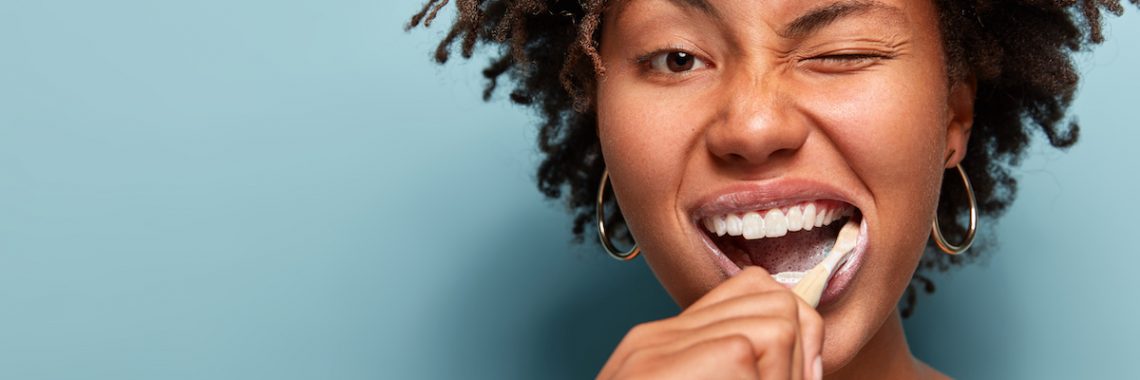Wisdom Teeth: Myths vs. Facts
Wisdom teeth are often misunderstood. Some people believe that wisdom teeth are simply a nuisance and should be pulled as soon as they start to cause problems. Others think that wisdom teeth are necessary for chewing tough food items. In this blog post, we will explore the myths and facts about wisdom teeth. We will also discuss when is the best time to pull them and what you can do to ease the pain when they erupt.
Are wisdom teeth really a problem?
The answer to this question depends on the person. For some people, wisdom teeth do not cause any problems. They may never erupt and stay in the jawbone without causing any issues. However, for other people, wisdom teeth can be a real problem. They may erupt incorrectly and become impacted or infected. Wisdom teeth can also cause pain and discomfort when they erupt.
When is the best time to pull a tooth
The answer to this question also depends on the person. For some people, it is best to pull wisdom teeth before they cause any problems. For others, it may be better to wait until the teeth start causing pain or other issues. Your dentist can help you decide when the best time to pull a tooth is.
The top 10 foods that can cause pain when the wisdom tooth erupts
There are many different foods that can cause pain when the wisdom tooth erupts. The most common offenders include:
- Hot dogs
- Chips
- Popcorn
- Ice cream
- Hard candy
- Bite sized cookies
- Carrots
- Apples
- Pizza
- Nuts
How to clean a wisdom tooth correctly
The first step to cleaning your wisdom tooth is understanding why it needs attention. If you notice a build-up or infection around the area, then this might be an issue with plaque accumulation in that region and some type of constipation due either from residue building up over time (this can also cause pain) AND lack/slow movement during sleep which causes them not have room enough for oral secretions leading toward stasis; these two things combined will create conditions favorable towards bacteria growth–which could potentially lead into gum disease development later on down.
If you don’t have any of those symptoms, then it’s likely that the area is just dirty and will need a manual cleaning. If this is the case, use a Q-tip or your toothbrush to gently clean the area around the wisdom tooth. Be careful not to push too hard on the gum line, as this can cause pain and discomfort.
If you are experiencing pain or other issues with your wisdom tooth, be sure to consult your dentist for advice and treatment. Wisdom teeth can be a real problem for some people, but with proper care and attention, they can be managed successfully.
The myths and the facts about wisdom tooth
There are many myths about wisdom teeth. Some people believe that wisdom teeth are necessary for chewing tough food items. Others think that wisdom teeth always cause problems. The truth is that wisdom teeth can be a nuisance for some people and they may need to be pulled. However, wisdom teeth are not always a problem and they may never erupt. Your dentist can help you decide if wisdom teeth are necessary for you and whether or not they should be removed.
If you are experiencing pain from your wisdom tooth, there are several things that you can do to ease the pain. Some of these remedies include:
- Taking over the counter pain medication such as ibuprofen or acetaminophen
- Rinsing your mouth with warm salt water
- Putting ice on the outside of your cheek
- Gargling with Listerine or another antiseptic mouthwash
These are just a few of the things that you can do to ease the pain from your wisdom tooth. Talk to your dentist if you are experiencing any pain and they will be able to recommend additional remedies.
If you are considering having your wisdom teeth pulled, talk to your dentist about the best time to do so. They will be able to help you decide if wisdom teeth are a problem for you and whether or not they should be removed. Wisdom teeth can often cause pain and discomfort, so it is important to make sure that you are taking care of them. If you have any questions or concerns, talk to your dentist today. They will be happy to help!



